"The safe and predictable operation of the TurkStream gas pipeline is a key issue for us. This is why Bulgaria's hostile move to introduce an extra tax on natural gas shipped to North Macedonia, Serbia and Hungary via Bulgaria, has posed a huge risk to us," Hungarian Minister of Foreign Affairs and Trade Peter Szijjarto said in a new video posted on his social media account. The Hungarian minister recalled that Bulgarians had been asked to revoke the law, but they failed to comply with the request, and thus Hungary made clear that it will veto Bulgaria's entry into the Schengen area. In response to this, Bulgaria's foreign minister called Peter Szijjarto by phone to tell that the Bulgarian government was ready to scrap the law. This has already been done, and the new law will be published in the official gazette on Friday.
Bulgaria Backs Down After Hungary's Veto Threat
Bulgarian parliament waives punitive tax on Russian gas transits at first reading.
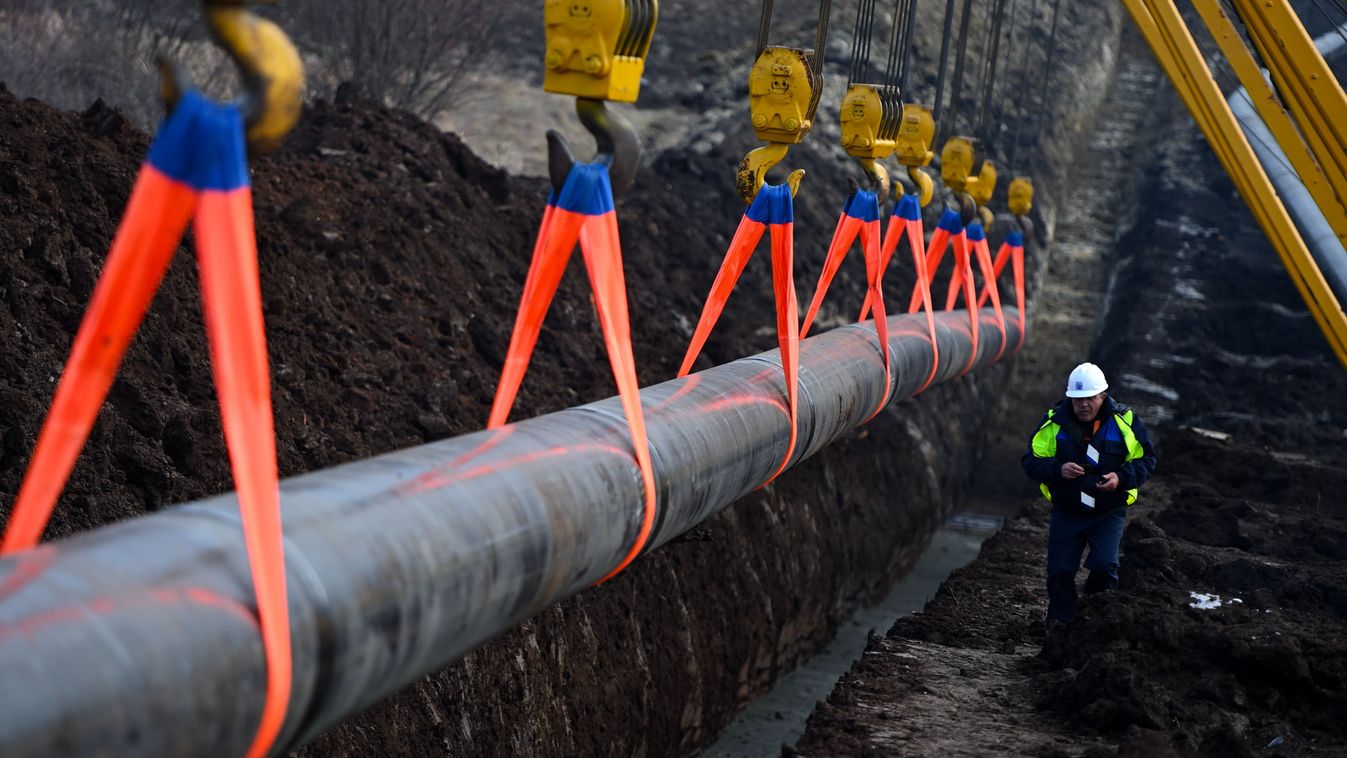
The Bulgarian parliament rescinded the special tariff on Russian transit gas at first reading on Monday afternoon. The surcharge was canceled after Hungary threatened to veto Bulgaria's Schengen membership. The parties voting in favor of abolishing the punitive tariff on gas transits included the ruling We Continue the Change (PP), and its rotating coalition partner Citizens for European Development of Bulgaria (GERB), as well as the nominally opposition liberal Movement for Rights and Freedoms (PDS).
The surcharge on Russian gas transits entered into force on October 14. According to the decree, the Bulgarian government introduced an "energy contribution" of €10.2 per megawatt hour on Russian pipeline gas deliveries transiting through Bulgaria's territory to Serbia, Hungary, North Macedonia and Austria.
További IN ENGLISH híreink
Even then, the problem was that the contribution should have been collected by Bulgartransgaz, which should have received money from Gazprom. However, because the Russian gas giant refused to pay the Bulgarian company, Bulgartransgaz incurred a debt of 270 million leva (€135 million), which will have to be paid by Bulgarian taxpayers. After the fiasco, the search for those responsible began. The left-leaning news portal Epicenter.bg recalled that the neoliberal Denkov cabinet had introduced the transit fee on Russian gas, despite the fact that experts and diplomats had warned in advance that Sofia's decision could lead to a backlash from Hungary and Serbia.
If the Bulgarian parliament had been in session on Thursday and Friday, Hungary would not have announced a veto on Bulgaria's Schengen bid,
Prime Minister Nikolay Denkov argued, shifting the blame to the parliament. Last Thursday and Friday, opposition parties protesting against the demolition of the Soviet monument in Sofia blocked the rostrum and parliamentary work.
At the time of introducing the new gas tranzit tax, Denkov explained that Bulgaria had every right to impose the fee, but the academic-turned-prime minister neglected to mention that his government introduced the restrictive measure without holding the meetings that are required to precede such moves, to notify affected countries of the intention, namely that of charging a tax on gas transit.
The cabinet in Sofia basically imposed a de facto excise tax on gas transit without consultation and regard for the other contracting parties, which would have been passed on and eventually burdened ordinary consumers ie. the people of Austria, Serbia and Hungary.
További IN ENGLISH híreink
In the meantime, Bugaria's Finance Minister Asen Vasilev explained that the goal is not to make gas more expensive for consumers in Hungary and Serbia, but to make it less profitable for Gazprom to deliver gas through Bulgaria. At the end of October, ex-PM Boyko Borissov admitted in his municipal election campaign that their representatives were misled to vote in favor of the parliamentary decision.
Between the first and second reading of the bill, a text was pushed in front of us that goes against the interests of all our neighbors. Let me clarify, we did not agree to spoil the good neighborly relations with Turkey, Hungary, Slovakia and Austria,
the politician said, admitting, "yes, we were wrong to pass it. We voted to raise the price of Gazprom, and not to pick a fight with our neighbors".
További IN ENGLISH híreink
On December 11, the presidents of the PP, GERB and DPSZ parties announced that, according to their agreement, they would postpone the decision on the special tax imposed on the transport of Russian gas through Bulgaria, so as not to hinder Bulgaria's accession to Schengen Area. The December 16 announcement of the Hungarian Ministry of Foreign Affairs warning that Hungary will veto Bulgaria's admission to the EU's border-free zone unless it cancels the gas transit tax, caused panic in Sofia. While Sofia celebrated the Netherlands' green-lighting of the country's admission, Hungary's announcement came as a cold shower.
Boyko Borissov called Viktor Orban, assuring the Hungarian prime minister that the Bulgarian parliament would override the law and revoke the tranzit tax.
In the way of political responsibility, an article in the above mentioned news portal states that "this is what today's Bulgarian politicians are capable of. They have no political training. They are hungry for power and money. The Denkov cabinet created division in society and caused a clashes abroad. Bulgaria has been abandoned by friends and allies, its development was set back by its vassal-like behavior. And our well-deserved Schengen membership has become contingent on government actions and the domestic political problems of other countries".
The Bulgarian Parliament is currently debating the planned constitutional amendment.
További IN ENGLISH híreink
Cover image: A pipe laying in the Bulgarian town of Golets in the construction of the natural gas pipeline connecting Bulgaria to Serbia, on February 1, 2023 (Photo: MTI/EPA/Vassil Donev)
Komment
Összesen 0 komment
A kommentek nem szerkesztett tartalmak, tartalmuk a szerzőjük álláspontját tükrözi. Mielőtt hozzászólna, kérjük, olvassa el a kommentszabályzatot.
A téma legfrissebb hírei
Tovább az összes cikkhez
PM Orban: Ukraine Wants Chaos, but Hungary Cannot Be Blackmailed + Video
Anyone who wants to break us will have their hands full, Hungary's Prime Minister Viktor Orban declared at an anti-war rally in Bekescsaba.

Hungary FM: Master Good Expansion to Create 600 New Jobs
According to the Minister of Foreign Affairs and Trade, small and medium-sized enterprises will also benefit from the investment.

PM Orban: New Initiatives Are Needed for Global Peace
Hungary's Prime Minister Viktor Orban shared photos on social media from the Board of Peace meeting in Washington.

Hungary FM: The Government Is Building Hungary’s Future on Its Children
The Minister of Foreign Affairs and Trade attended a conference on education in Demecser.
Ne maradjon le a Magyar Nemzet legjobb írásairól, olvassa őket minden nap!
- Iratkozzon fel hírlevelünkre
- Csatlakozzon hozzánk Facebookon és Twitteren
- Kövesse csatornáinkat Instagrammon, Videán, YouTube-on és RSS-en

Címoldalról ajánljuk
Tovább az összes cikkhez
PM Orban: Ukraine Wants Chaos, but Hungary Cannot Be Blackmailed + Video
Anyone who wants to break us will have their hands full, Hungary's Prime Minister Viktor Orban declared at an anti-war rally in Bekescsaba.

Hungary FM: Master Good Expansion to Create 600 New Jobs
According to the Minister of Foreign Affairs and Trade, small and medium-sized enterprises will also benefit from the investment.

PM Orban: New Initiatives Are Needed for Global Peace
Hungary's Prime Minister Viktor Orban shared photos on social media from the Board of Peace meeting in Washington.

Hungary FM: The Government Is Building Hungary’s Future on Its Children
The Minister of Foreign Affairs and Trade attended a conference on education in Demecser.
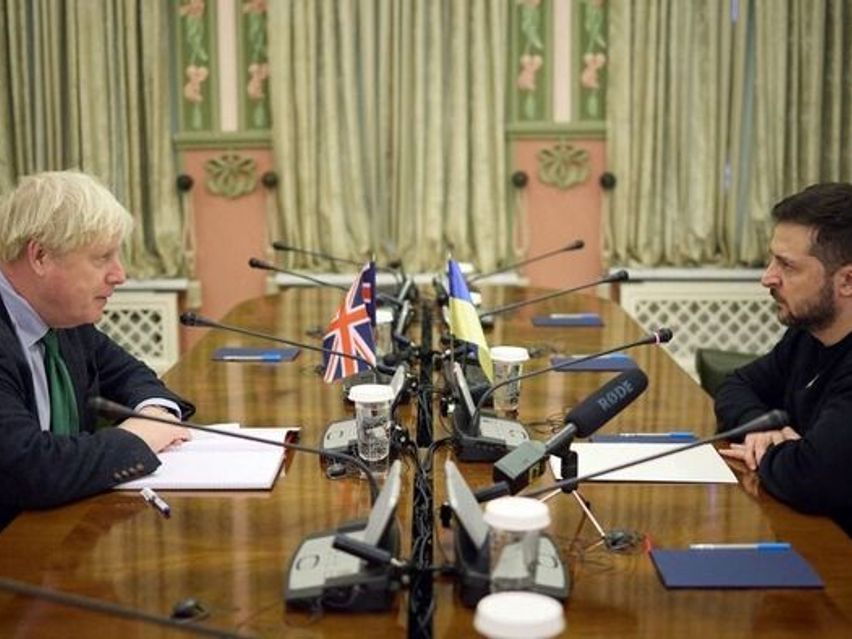
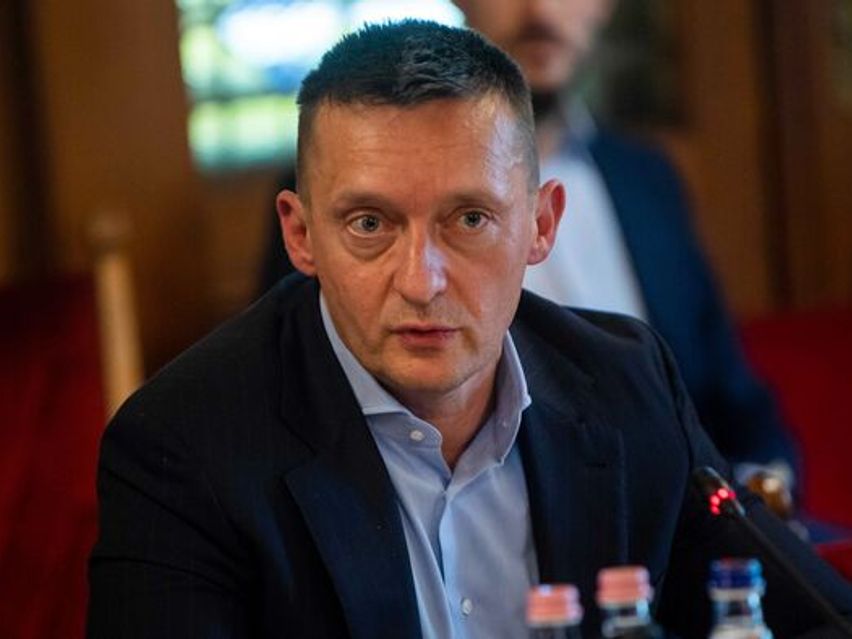
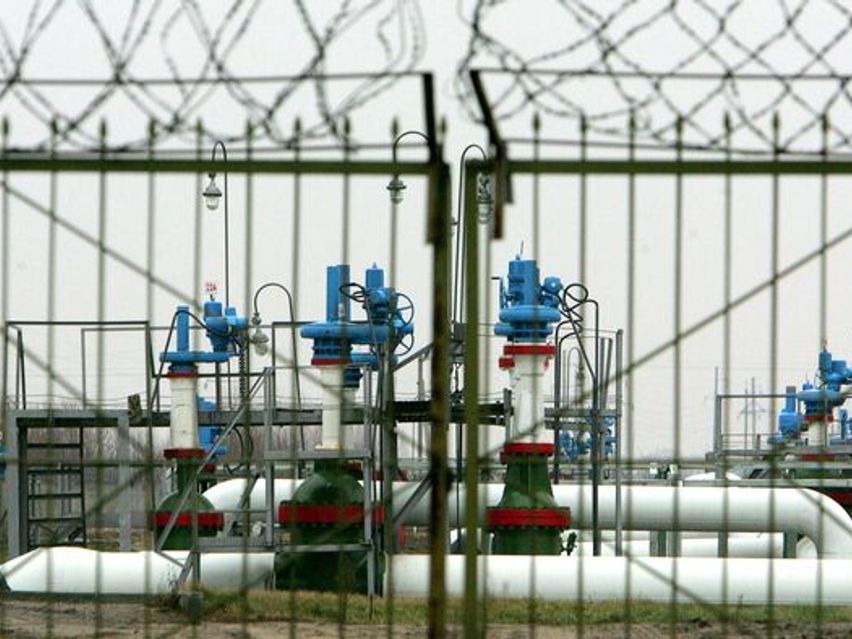






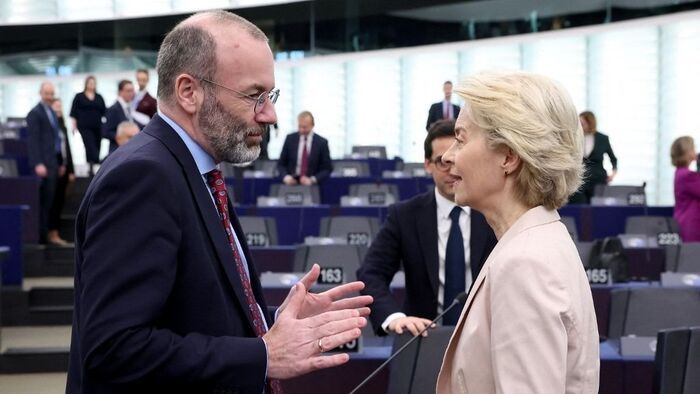
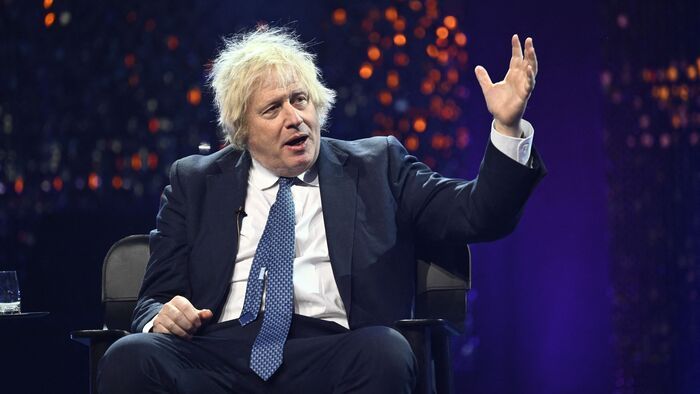
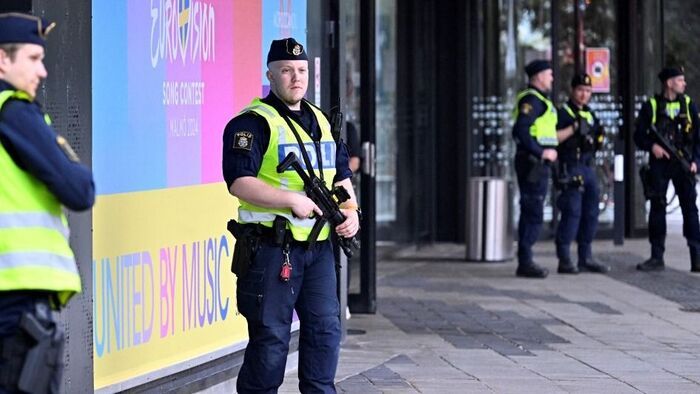





Szóljon hozzá!
Jelenleg csak a hozzászólások egy kis részét látja. Hozzászóláshoz és a további kommentek megtekintéséhez lépjen be, vagy regisztráljon!